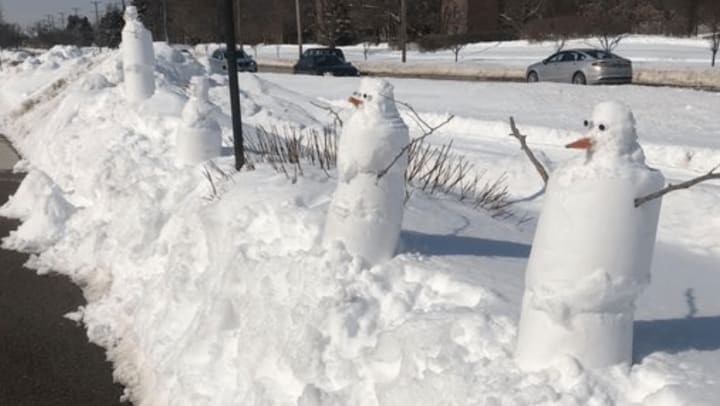
As we head deeper into fall, we begin to feel its effects --- chillier mornings, rain, cold winds, and a lot less sunlight. For most of us, these are simply the signs that winter is coming as we throw on a jacket and go about our daily lives.
For individuals challenged with dementia, however, these changes often cause a higher degree of anxiety. The time change, for instance, brings confusion along with its darker evenings. And, climates with snow and icy sidewalks create physical challenges that can turn a simple walk outside into a potential fall.
If you are a family caregiver of a loved one living with dementia, here are a few of the tips from the Alzheimer’s Association to safeguard them from the dangers of cold weather:
Remember, too, that as we head out of daylight saving time, sundown syndrome may create additional challenges for your loved one. The earlier evening darkness can create confusion, so be sure to turn on lights before the sun goes down. Make the most of daylight by keeping drapes open if possible and stick to your regular schedule to avoid unnecessary confusion.
While fall and winter bring shorter days and colder weather, it can bring much enjoyment as well. Taking special precautions and being extra patient with your loved one will help everyone better cope with these changes. For instance, if your loved one has always lived in a colder climate, try pulling out a photo album of earlier snow pictures. Or watch a movie together that is set in the winter.
Focusing your loved one on the positive things associated with colder weather such as the upcoming holidays, family visits and warm, home cooked meals, will make those cold, wintery days easier to navigate.
(Our header image shows a row of delightful snow people built by local school children outside the windows of Emerald Place Memory Care residents in Glenview, Illinois!)
Related Articles: